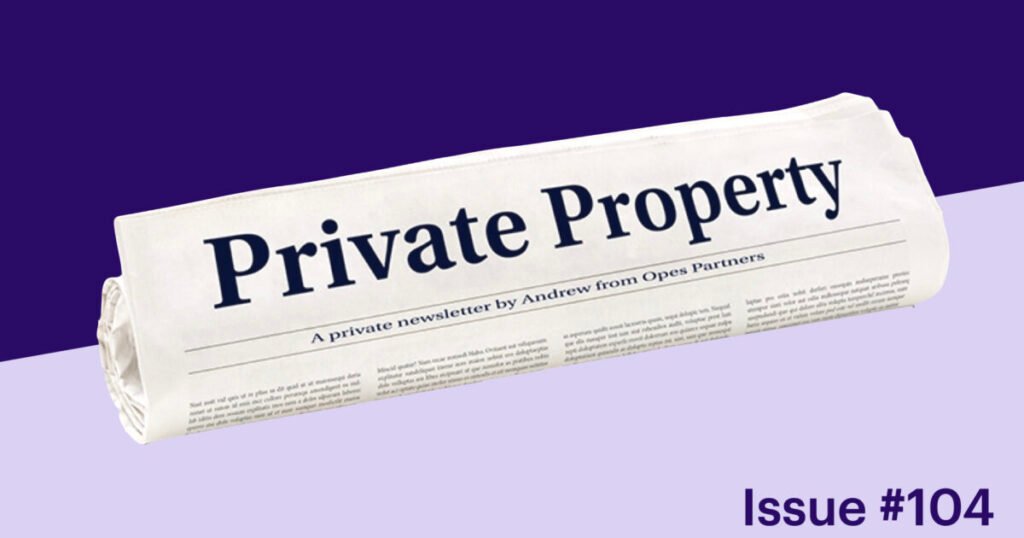Consents peaked in March 2022 with 4,578 consents. That has fallen to about 2,919 issued in February.
At the same time, property prices are down. But construction costs are up.
So, developers are hurting. And you, as a property investor, can use that information to your advantage.
Case Study: Property bought $31,000 under the valuation
I recently negotiated a deal where the investor (my client) bought a property for $31,000 less than it was worth.
The developer approached me. He wanted to see if Opes would recommend his properties to our investors.
I asked them to get a registered valuation so we knew what the properties were worth.
The valuer said the townhouse was worth $730,000. But because it’s a tough market, we negotiated this down to $699,000.
The investor will make $31,000 by buying the property because they’re paying less than it’s worth.
Not all deals are this good. But it gives you a sense of the opportunities available.
But a hard market for developers also creates risks.
What are the big risks?
To be clear. You do not want to push your luck too hard and get a big discount from a destitute developer.
Why? There are 3 big problems that could happen –
#1 – They don’t build the property
Let’s say you sign up and pay a deposit for a property. You negotiate a great price, but the developer isn’t stable.
What happens if the developer goes belly-up midway through the build?
You’ll probably get your deposit back. But you don’t get the property either.
Then you’re back at square one.
#2 – They build a crap property (and don’t fix it)
If a developer is on the rocks, they might be tempted to cut corners to save money.
You might think: “That’s not an issue. If something goes wrong, the developer has to fix it.”
That’s true. But if the developer becomes bankrupt, how easy is it to get them to fix your property?
Very hard.
#3 – They use underhanded sales tactics
If developers get desperate for business, they can resort to underhanded behaviour.
I know of one developer who got families to sign contracts to buy properties. The families paid a deposit.
But the developer knew full well the family would never be able to get a mortgage. In that case, these families will lose their deposit.
How do I avoid choosing the wrong developer?
There are two main ways to protect yourself from choosing the wrong developer. The first is to do a lot of industry research yourself.
The second is to use a property investment company that properly vet developers.
My company, Opes Partners, is one example of a property investment company. But we’re not the only ones.
If you want to check out who we work with, here are our top 6 developers in NZ.

